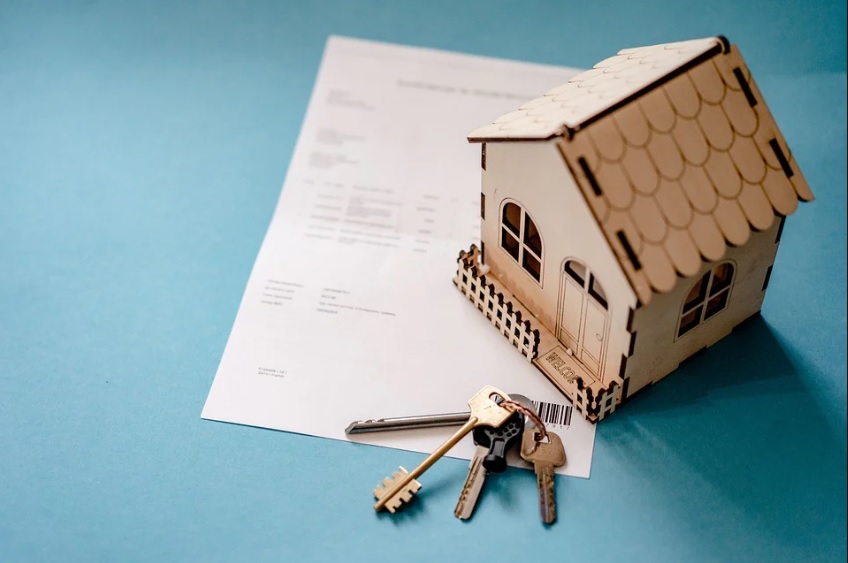
If you’ve been following the news in any industry over the last few years, then you’ve almost certainly heard about blockchain. Most of the time, when people talk about this technology, they’re referring to cryptocurrency—but what exactly is blockchain? And how does it work?
Blockchain works by holding information in a public database that’s stored across many computers, making it decentralized and virtually impossible to hack. It also has an added layer of security because everyone who uses it maintains their own copy of the database. This makes the data immutable and tamper-proof.
It is true that blockchain is responsible for cryptocurrency prices, markets, and values. But the technology is finding applications in numerous other industries, including real estate. For example, a bank in Norway proposed using blockchain technology to track land records. This would make property registration easier and less expensive for everyone involved in buying or selling properties.
Blockchain Can Push Real Estate Into the 21st Century
The real estate industry has been slow to modernize, it’s true. But why? The fact is, our industry is still paper-based and therefore prone to error and fraud. This inefficiency makes the home buying process cumbersome and time-consuming for buyers, sellers, agents, and lenders alike. Blockchain offers a solution to these problems.
How does that happen? Through blockchain, every transaction on the ledger is permanent, transparent, and trackable. Each change generates a timestamp, so there’s no ambiguity over who did what or when they did it. Additionally:
Transactions can be completed in minutes rather than days or weeks — that means faster closings with less hassle for you and your clients.
An immutable record of transactions allows for better audit trails — this reduces errors like double spending and ensures clients’ assets are protected from fraudsters.
Blockchain Could Make Real Estate Transactions Faster, Easier, and Cheaper
The technology behind cryptocurrencies like bitcoin and Ethereum could help to reduce costs and make real estate transactions faster and easier.
Blockchain may be able to cut out middlemen, reducing transaction costs. Blockchain-based real estate exchanges also open up new possibilities for fractional ownership of properties. This could allow buyers to acquire smaller shares in properties that they couldn’t otherwise afford outright—or allow investors to buy into a larger number of properties that they couldn’t otherwise afford outright.
That sounds great, but would it work in practice? In 2017, a US$30 million beachfront property in Ukraine became the world’s first residential sale on the blockchain. That same year, tech companies Ubitquity LLC and ShelterZoom used blockchain for the offer process for a property in New York City.
The process was completed 27% faster than usual using this method, which involved online verification rather than notarization for the exchange of offers and acceptance letters between a buyer, seller, and agent.
In another example from 2017, a US$2 million home was sold on blockchain by Propy Inc., a global real estate store based on Ethereum smart contracts that connect buyers with sellers in different countries or jurisdictions.
Blockchain Could Help Fight Housing Discrimination
A blockchain-based real estate network might also help address a nagging problem in the industry: bias.
Blockchain’s distributed ledger system would allow for all transactions to be recorded, so no one could discriminate against anyone else. Additionally, the blockchain provides easy access to legal documents, eliminating the need for an expensive lawyer or other middlemen to confirm that a property is truly being sold by its owner. The end result would be more transparency and fairness across the board.
Blockchain can also make it easier to track repairs, as well as any financial donations made by property owners to benefit their community. If you’re renting a place and want to ensure that your landlord is actually using your rent money for repairs (instead of subletting your apartment while keeping the cash), blockchain technology could hold them accountable. If you just want proof that they’re not slumlords who are donating their profits to an anti-LGBTQ political campaign, you could easily find it on blockchain’s open ledger too.
Blockchain Isn’t Just for Homeownership
Renting is also on the rise, both in the U.S. and around the world–and blockchain technology has some potential applications in this field as well. It’s estimated that by 2025, over 50% of people under 35 will be renters. The cost of homeownership makes it prohibitively expensive for many people; renting isn’t just a viable alternative–it’s often a preferable one, especially for young folks who are constantly on the move and prefer to spend their money on experiences instead of down payments.
On the other hand, rental properties still represent an excellent investment opportunity for those with enough capital to purchase them. Tech companies are already helping landlords make sound decisions about how much to charge tenants and when to raise rates each year.
While there’s currently no way to tokenize rental property (other than creating a stablecoin), applying blockchain technology in this sector could make it easier for tenants to pay rent. It could improve tenant screening or even enable more efficient communication between landlords and tenants about repairs or other quality-of-life issues.
Blockchain Could Help Fund Affordable Housing Development
Blockchain technology has the potential to be utilized for much more than crypto mortgages and closings. Imagine, for instance, the possibilities of using blockchain to crowdfund affordable housing development. If a local government wanted to raise money for an affordable housing project, they could use blockchain to create a platform that would allow community members and others across the country (or world) to contribute in small amounts — or large ones.
Since all transactions are recorded on a distributed ledger, it would be easier to keep track of how funds were being allocated and who contributed what amount of money. It would also streamline the process by which developers get their hands on capital, making it easier for them to build or preserve affordable homes.
With blockchain technology, the real estate industry will be able to do more than it ever has before.
In addition, blockchain technology has the potential to reduce transaction costs by eliminating middlemen and cutting out unnecessary paperwork. This could help create more affordable housing in communities that don’t offer many opportunities for people who want homes but lack the money to pay market prices.
If blockchain were fully adopted in the real estate industry, it could significantly change how we think about ownership and mortgages—and how much they cost us in the end.

















